Spring is often considered the peak season for real estate, and many potential homebuyers are ready to jump into the market. With more homes on the market, warmer weather, and a sense of new beginnings, it’s easy to get excited about finding your dream home. However, purchasing a home is a significant financial decision, and it’s important to be well-prepared before you dive in. From assessing your budget to understanding current market conditions, here’s what you need to know before buying a house this spring.
1. Assess Your Budget and Understand What You Can Afford
Before you even begin your home search, it’s crucial to assess your financial situation. Understanding your budget will help ensure that you are looking at homes that are within your financial reach. Start by reviewing your monthly income, expenses, and debts to get a clear picture of your financial standing.
Consider how much you can comfortably afford to pay for a mortgage each month, keeping in mind other homeownership expenses such as property taxes, insurance, utilities, and maintenance costs. A good rule of thumb is that your monthly housing costs should not exceed 28-30% of your gross monthly income. Additionally, take into account your savings for a down payment—typically between 3% to 20% of the home’s price, depending on the loan type.
2. Get Pre-Approved for a Mortgage
One of the most important steps to take before starting your home search is getting pre-approved for a mortgage. Pre-approval involves a lender reviewing your financial information, including your credit score, income, and debt, to determine how much they are willing to lend you. This process will give you a clearer understanding of your purchasing power and help you avoid wasting time looking at homes that are out of your budget.
A pre-approval letter also shows sellers that you are a serious and qualified buyer, which can be a big advantage in a competitive market like spring. Sellers are more likely to consider offers from buyers who are pre-approved, knowing that these buyers are financially capable of closing the deal. Keep in mind that pre-approval is different from pre-qualification—pre-qualification is an estimate of how much you can afford based on the information you provide, while pre-approval is a more formal process with a thorough review of your financials.
3. Understand Current Market Conditions
The real estate market can vary greatly depending on location, so it’s essential to understand the current conditions in your area before making a decision. Spring tends to be a popular time for home buying, and as a result, inventory can be limited, leading to more competition and potentially higher prices. In a seller’s market, where demand exceeds supply, you may need to act quickly and be prepared for bidding wars.
Interest rates also play a key role in the housing market. While rates can fluctuate, they significantly impact your monthly mortgage payments and the overall cost of the home. If rates are low, it may be a good time to buy, as you can lock in a more favorable rate and save money over the life of the loan. On the other hand, if rates are higher, it may be worth weighing the pros and cons of waiting or exploring different loan options to ensure you get the best deal.
In addition to interest rates, consider the long-term outlook of the market. Are home prices expected to continue rising, or is there potential for a slowdown? Having a good understanding of the market trends in your area can help you make a more informed decision about when to buy and how much to offer on a home.
4. Work with a Trusted Mortgage Advisor
Navigating the mortgage process can be complex, and working with a trusted mortgage advisor is essential to ensure you find the right loan options for your situation. A mortgage advisor can guide you through the different loan types, such as conventional loans, FHA loans, and VA loans, and help you understand the pros and cons of each. They will also be able to explain terms such as interest rates, loan terms, and down payment requirements, allowing you to make an informed decision.
A good mortgage advisor will work closely with you to find the best loan options that fit your budget and financial goals. They can also help you understand any additional fees or costs associated with obtaining a mortgage, such as closing costs, appraisal fees, and mortgage insurance. Their expertise will not only ensure that you secure the best financing option but also help make the entire process smoother and less stressful.
5. Get Your Documents Ready
The mortgage application process requires a significant amount of paperwork, and having everything ready in advance will help streamline the process. Gather documents such as your tax returns, pay stubs, bank statements, and proof of assets. Your lender will also likely request information about your debts, such as credit card balances, student loans, and car loans. The more organized you are upfront, the faster and easier the approval process will be.
Having your documents prepared can also help you avoid delays, which is crucial in a competitive market. If you’re ready to submit everything quickly, you’ll be able to move forward with your home search without unnecessary hold-ups.
Conclusion
Purchasing a home this spring is an exciting opportunity, but it’s important to be well-prepared before you begin your search. By assessing your budget, getting pre-approved for a mortgage, understanding market conditions, and working with a trusted mortgage advisor, you can set yourself up for success in a competitive market. With the right preparation and guidance, you’ll be better equipped to make informed decisions and secure the home of your dreams. Make sure you take the necessary steps before you begin the home-buying process to ensure a smooth and successful experience.
Disclaimer: First Western Trust is an Equal Housing Lender, NMLS #477166


